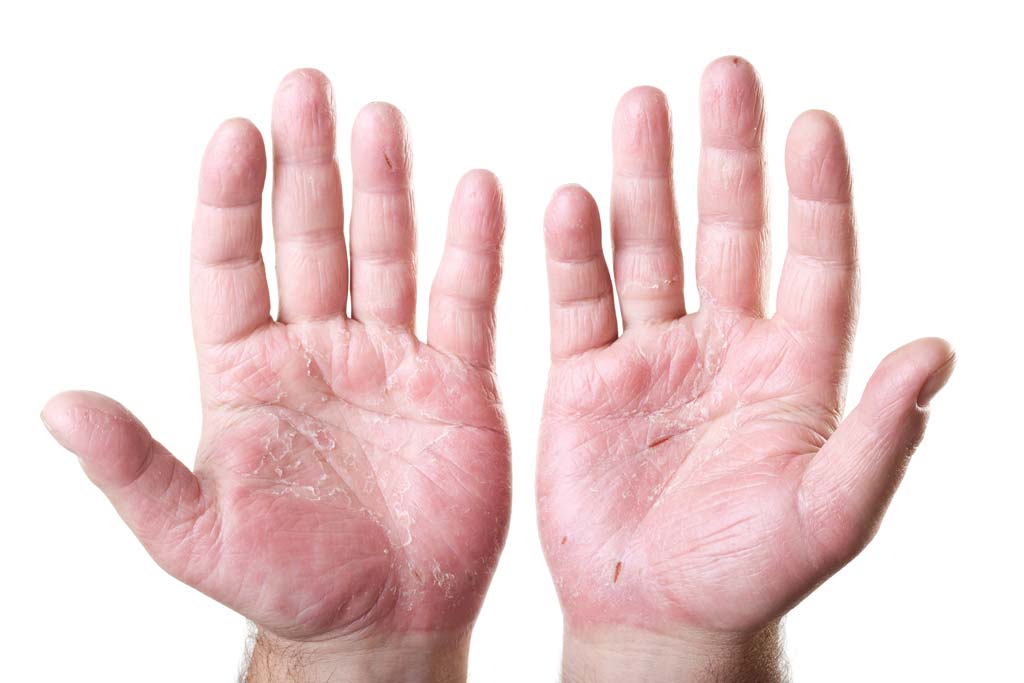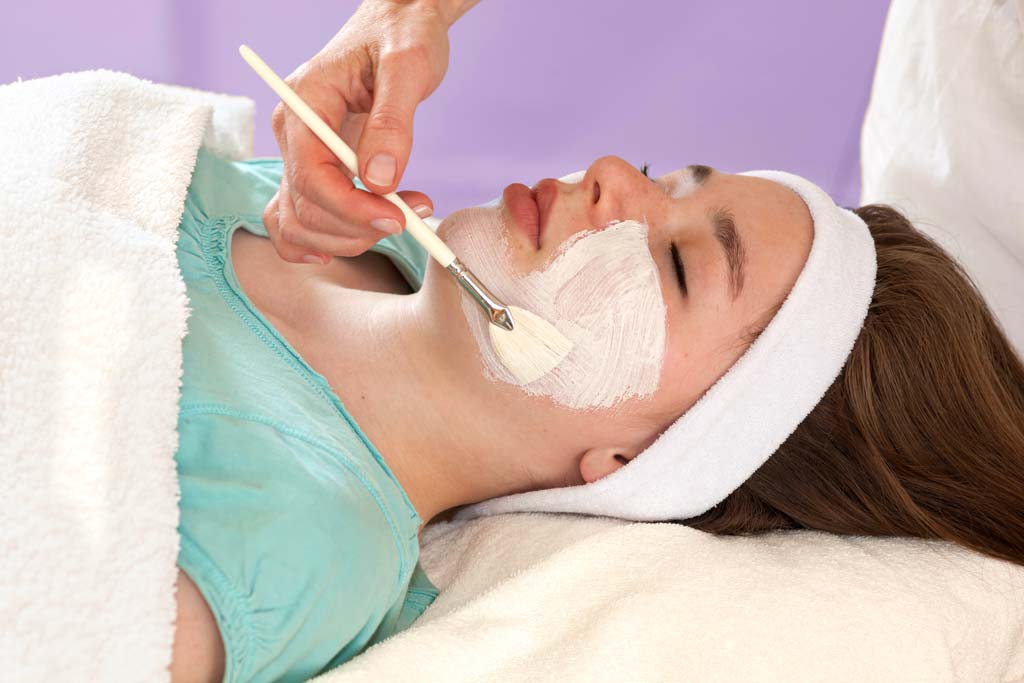Argan oil is a plant-based oil extracted from the nut of the argan tree. Argan oil is rich in natural vitamins, phenolic compounds and carotene and it also contains unsaturated fats like omega 3 and 6. The usefulness of argan oil for hair conditioning, styling as well as its use as a skin moisturizer has been well documented but its use against acne is not well known. Acne is formed when the pores of your skin get clogged and enlarged due to the excessive production of oil by the skin (also called sebum). The bacteria that are present on your skin while usually harmless will feed on the nutrients present in sebum and multiply. This leads to pimples and blackheads. Argan oil has many benefits which make it a useful for treating acne. Argan oil helps in regulating the production of sebum so that sebum levels are in check this prevents the growth of acne-causing bacteria. It also acts as an anti-inflammatory and is rich in vitamin E this helps in the nourishing skin, repairing damaged skin cells and reducing acne.
Also Read : Moroccan Argan Oil For Skin: The Complete Guide
Why Use Argan Oil For Acne?

Argan oil is an effective natural treatment for acne. Here are a few benefits of argan oil for acne and we recommend adding Moroccan Argan Oil from Anveya to your skin care.
ANVEYA MOROCCAN ARGAN OIL, COLD PRESSED ORGANIC, 100ML
- Great for CURLY HAIR & FRIZZY OR DRY HAIR.
- Regulates sebum and controls ACNE BREAKOUTS.
- Vitamin E & anti-oxidant rich – combats the SIGNS OF AGEING.
- Hydrates NAILS & LIPS
1. Rich In Antioxidants
Argan oil prevents cell damage due to oxidation because it is rich in antioxidants like Vitamin E. Regular use of argan oil ensures healthier skin with lesser acne, it also helps in getting rid of acne blemishes.
2. Regulates Sebum Levels
Argan oil helps in keeping the level of sebum produced by the skin low, this helps in keeping acne-causing bacteria in check.
3. Reduction Of Acne Scars
Studies have shown that with regular use argan oil is an effective agent to get rid of spots and scars caused by acne on the skin.
Also Read : 15 Natural Ways to Remove Scars
4. Natural, Affordable Treatment With No Side Effects
Argan oil is an effective treatment for acne and unlike most products on the market is completely natural with no side effects due to long-term use.
How To Use Argan Oil For Acne Treatment
Being a natural moisturizer having anti-inflammatory properties, argan oil is an effective way to treat many skin disorders including acne. Here are a few ways to use argan oil for acne treatment
1. Cleanse Your Face With Argan Oil
- While generally safe for use it is good to test argan oil on a small area of your skin for any allergies/side effects.
- Argan oil is a natural product has a non-comedogenic rating of 0 out of 5 which means that it is unlikely to cause acne.
- Wet your face with warm water and then apply argan oil to your face with your fingertips. Use gentle circular motions while applying.
- After a few minutes use lukewarm water to rinse your face in order to remove the excess oil from your skin.
- After washing your face pat it dry with a clean cotton towel. Do not rub or scrub your skin for drying.
- Use argan oil for cleansing your face twice a day. It is a good idea to cleanse your face after a workout or whenever you get sweaty to prevent acne.
Also Read : Are You Cleansing Your Face Properly?
2. Use Argan Oil As A Moisturizer
- Argan oil is useful as a natural moisturizer for your skin.
- Use a tiny amount of argan oil and apply it to your face twice a day.
- This technique works well against acne scars. In fact, using argan oil for acne scars will cause it to fully fade in a few weeks.
How Long Does It Take For Argan Oil To Treat Acne?
Argan oil is completely natural and effective way to treat acne. Regular use of acne oil for twice a day will cause acne to heal in about 3 weeks time. Acne scars will take longer to go away, it can take as long as 2 months to completely vanish.
Disclaimer: All the content on anveya.com/blogs is solely for information. It is not intended to be a substitute for professional medical advice, diagnosis or treatment. Always seek the advice of your physician or a qualified health care provider. The information, suggestion or remedies mentioned on this site are provided without warranty of any kind, whether express or implied.




